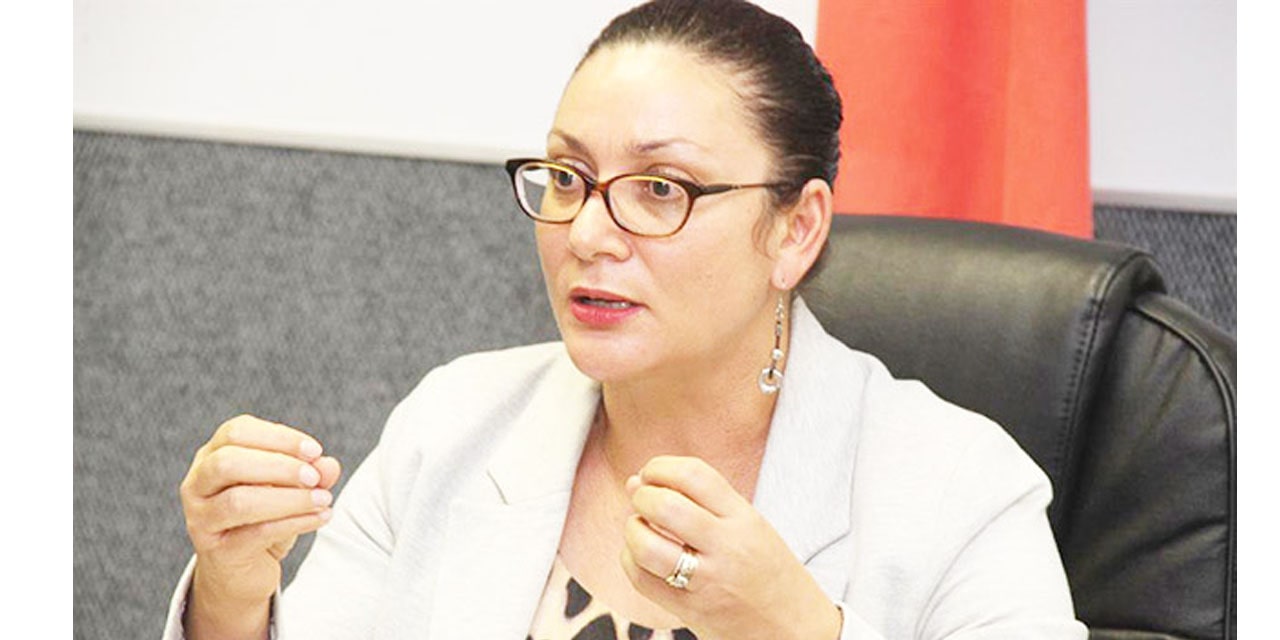Tujoromajo Kasuto
THE future of Jacob Marengo Senior Secondary School hangs in the balance as the government withdrew its subsidy from the financially struggling school in December 2021.
The privately owned school is owed a historic debt of over N$2 million dollars in school fees by parents.
The school has for years been funded partially by the government with a subsidy of N$4 million.
The government subsidy covered salaries for teachers with no benefits.
The government paid salaries of 17 teachers, the rest of the staff were funded by the school from its own resources..
The Director of the school, Kennedy Abrahams, shares that the subsidy did not cover for administrative functions, daily running costs and other necessities.
For the past three years, the school fees were N$2600 per year, but in order to cover expenses and teacher salaries without making a profit, the school had to increase the fees to N$4500 per year. According to the school management a fee of N$7500 would be preferable, but they have decided on N$4500.
In 2021, the school had a learner population of over 1000, but currently has an enrolment figure of under 200 registered students.Most students at the school are from underprivileged backgrounds and cannot afford to pay the school fees.at the school which is resultant to the additional financial chances as most students from the school are from underprivileged backgrounds and circumstances.
Thus, the school has had a large number of students who have been unable to pay their school fees for the past two years.
Abrahams says the school has been surviving over the years because many of their teachers are volunteers.
Additionally teachers currently at the school have had to take a pay cut, while the management is sorting out the financial predicament the school finds itself in.
Another problem Abrahams raised is the perception that the school is government-owned leading the parents to think they did not need to pay the fees as “its free education”, not taking into consideration that the school is privately financed.
According to Abrahams when the founder Ottilie Abrahams died about three and a half years ago, there were meetings between the founders and the government, and the government allegedly requested them to donate the school to the government.
Furthermore, the government wanted the property “given” to them for “free” because they did not have the funds to purchase it, but Abrahims says that would be difficult because the property accommodates several non-governmental organizations (NGOs).
He adds that their original plan was to fence off the school, so that the government could rent it for a nominal fee and take over management of that particular portion.
But, the negotiations stalled when the government gave the founders two options: hand over the property or go private.
The management decided to go private, and the government announced in February that funding for the school would cease in March 2021.
Following further consultations between the two parties, it was decided to extend it to the end of the year (2021) in order to allow the students to exit by the end of the academic year.
Abrahams adds that while working in collaboration with the Ministry of Education, Arts, and Culture, the institution has always been registered as a private school.
The school has always been a community-based institution, while the government only has three classifications: religious schools, private schools, and government schools, none of which Jacob Marengo resorts under.
Sanet Steenkamp, Executive Director of the Ministry of Education, confirmed that the funding was withdrawn because the school and ministry failed to reach an agreement and signed a memorandum of understanding.
Since its inception in 1985, Jacob Marengo Secondary School in the heart of Katutura has been a haven for underprivileged students who only did not attend the school, but also flock to the school for a variety of extracurricular after school activities.




